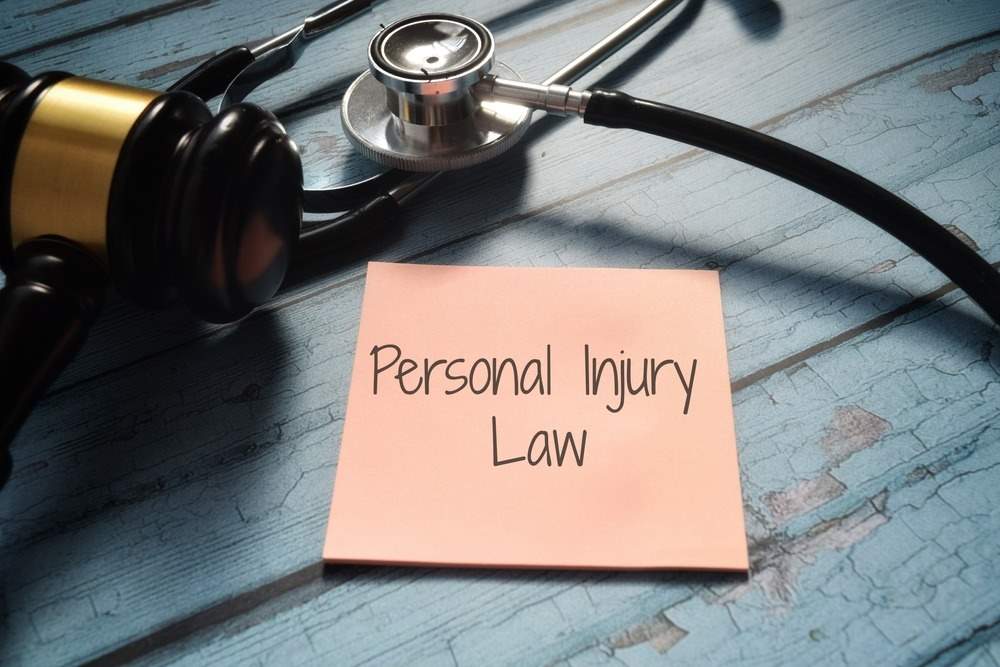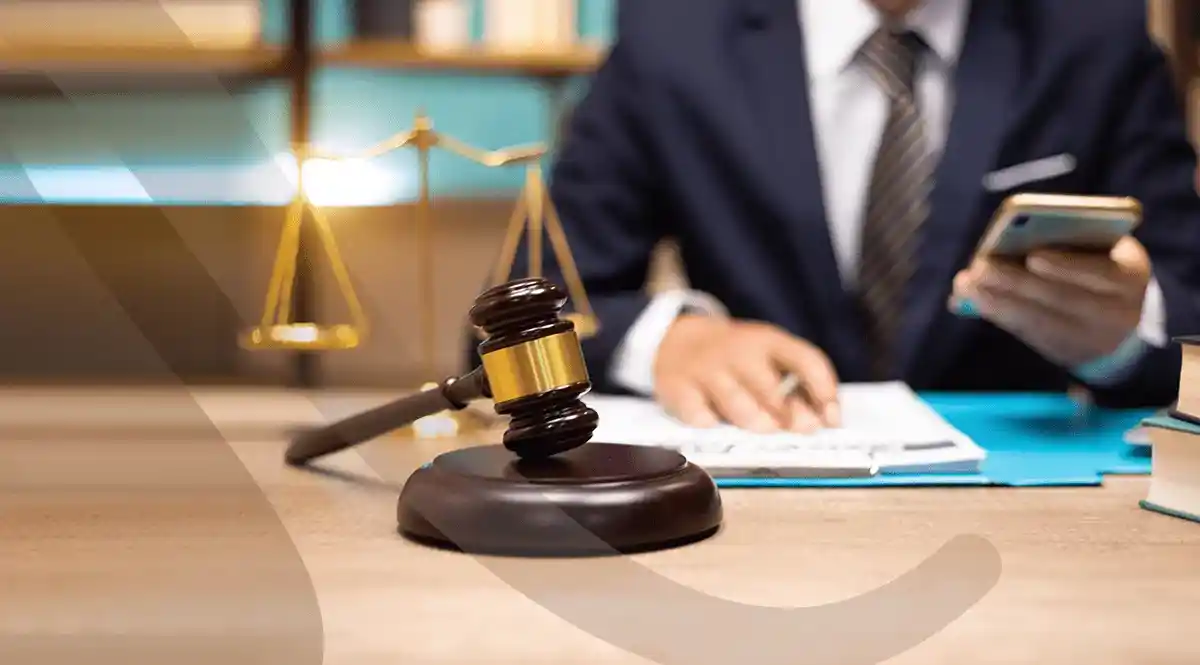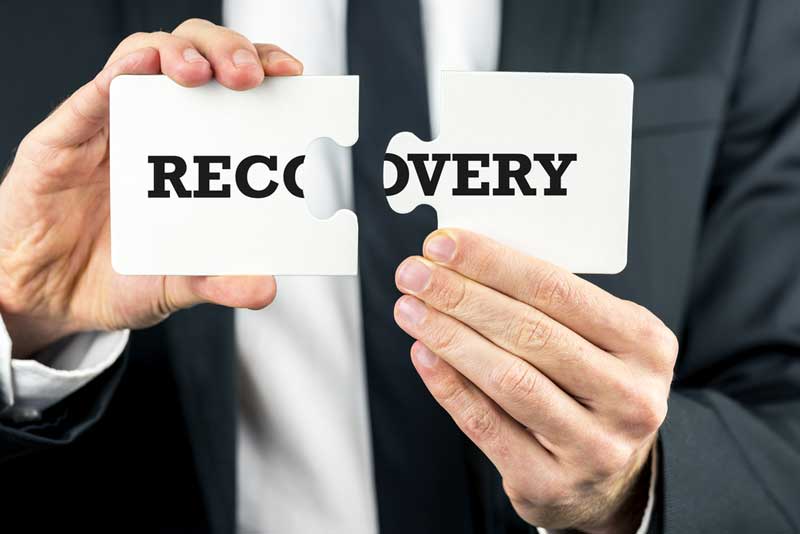Table of Contents
What Is Personal Injury Law?
Personal injury law is a branch of civil law that allows an injured person to file a lawsuit against another party who is legally responsible for the harm caused. The goal of personal injury law is to help the injured party recover damages for the losses they have suffered. These damages can include medical bills, lost wages, pain and suffering, and other related costs.
Personal injury law covers a wide range of accidents and injuries, ranging from car accidents and slip-and-fall incidents to defective products and workplace injuries. The key principle in personal injury law is negligence — that is, the failure to exercise reasonable care, which leads to harm or injury to another person.
Common Types of Personal Injury Cases
Personal injury cases can arise in various situations, but here are some of the most common types of claims:
1. Car Accidents
Car accidents are one of the most common causes of personal injury claims. When a driver causes an accident due to negligent behavior (such as speeding, texting while driving, or running a red light), the injured party may file a claim for compensation. This can cover medical bills, vehicle repairs, and pain and suffering.
2. Slip and Fall Accidents
When someone slips, trips, or falls on another person’s property due to unsafe conditions, they may be entitled to compensation. Property owners have a duty to maintain safe conditions for visitors. If they fail to do so and someone is injured, a personal injury claim may arise.
3. Medical Malpractice
Medical professionals have a duty to provide a standard of care to their patients. When a doctor, nurse, or hospital fails in this duty, leading to injury or death, it can result in a medical malpractice lawsuit. Examples include surgical errors, misdiagnosis, and medication mistakes.
4. Workplace Injuries
Employees who are injured on the job due to unsafe conditions or employer negligence can file a personal injury claim in addition to workers’ compensation. This may include accidents involving machinery, falls, or exposure to hazardous materials.
5. Product Liability
When a defective product causes injury, the manufacturer or seller of that product may be held liable under product liability law. Personal injury claims related to defective products may arise from injuries caused by faulty cars, malfunctioning household appliances, or unsafe pharmaceuticals.
6. Dog Bites
Dog owners are typically responsible for any injuries caused by their pets. If a dog bites or attacks someone due to negligence (e.g., not restraining the dog properly), the victim may file a personal injury claim against the dog owner.
7. Wrongful Death
In cases where a person’s death is caused by the negligence or wrongful actions of another party, surviving family members may file a wrongful death lawsuit. This type of claim seeks compensation for loss of income, emotional suffering, and funeral expenses.
How Personal Injury Claims Work
When you file a personal injury claim, you’re essentially asking the responsible party or their insurance company to compensate you for your injuries. Here’s a general overview of the personal injury legal process:
1. Consultation with a Personal Injury Lawyer
Most https://yesouisispace.com/ offer free consultations. During this meeting, the lawyer will assess the facts of your case, review your injuries, and determine whether you have a strong case. If you have a valid claim, the lawyer will guide you on the next steps.
2. Investigation and Gathering Evidence
Once you decide to proceed with the claim, your lawyer will begin investigating the incident. This can involve gathering evidence such as medical records, accident reports, witness statements, and expert testimony to support your case.
3. Negotiating with Insurance Companies
In many cases, personal injury claims are settled out of court through negotiations with the responsible party’s insurance company. A personal injury lawyer will work to negotiate a fair settlement on your behalf. It’s important to avoid accepting a quick settlement offer without consulting an attorney, as it may not fully cover your damages.
4. Filing a Lawsuit
If the insurance company’s settlement offer is inadequate or if the responsible party denies liability, your lawyer may recommend filing a lawsuit. This involves formally submitting legal documents to the court and initiating the legal process.
5. Discovery and Pre-Trial Procedures
After a lawsuit is filed, both parties engage in the discovery phase, during which they exchange information, including documents and depositions from witnesses and experts. Your attorney will prepare you for trial by reviewing the evidence and strategy.
6. Trial or Settlement
Most personal injury cases are settled before going to trial. However, if a fair settlement can’t be reached, the case will proceed to trial. A judge or jury will determine the outcome, and if you win, the court will award damages to compensate you for your injuries.
Damages in Personal Injury Cases
In personal injury cases, the injured party is entitled to compensation for a variety of losses, which are categorized into two main types:
1. Economic Damages
These are tangible, calculable losses, including:
-
Medical bills (current and future)
-
Lost wages (for the time you’ve missed work and any future earning capacity loss)
-
Property damage (such as car repairs or replacement costs)
-
Other out-of-pocket expenses related to the injury (e.g., transportation costs for medical visits)
2. Non-Economic Damages
These damages are more subjective and compensate for intangible losses, such as:
-
Pain and suffering (physical and emotional distress)
-
Emotional distress (anxiety, depression, or PTSD caused by the injury)
-
Loss of enjoyment of life (if the injury has affected your ability to enjoy activities you once did)
-
Loss of consortium (for a spouse who may have lost companionship or intimacy due to the injury)
3. Punitive Damages
In rare cases, punitive damages may be awarded if the defendant’s actions were particularly egregious or reckless. These are designed to punish the wrongdoer and deter others from similar behavior.
How a Personal Injury Lawyer Can Help
A personal injury lawyer is essential in ensuring you get fair compensation for your injuries. Here’s how an experienced personal injury attorney can help:
-
Expert Legal Guidance
Personal injury law can be complex. A skilled lawyer will guide you through the legal process, explain your rights, and provide valuable advice to ensure you get the best possible outcome. -
Negotiation with Insurance Companies
Insurance companies often try to settle quickly for a low amount. A personal injury attorney will negotiate on your behalf to ensure you receive the compensation you deserve. -
Investigation and Evidence Gathering
Personal injury lawyers have the resources to investigate your case thoroughly. They can gather key evidence and interview witnesses to strengthen your claim. -
Representation in Court
If your case goes to trial, a personal injury lawyer will represent you in court, advocating for your best interests and presenting the strongest case possible.
Conclusion
Personal injury law is designed to protect those who have been harmed by the negligence or wrongful actions of others. If you’ve been injured in an accident or due to someone else’s mistake, it’s crucial to understand your rights and take the necessary steps to protect yourself. Hiring a qualified personal injury lawyer can make a significant difference in the outcome of your case, ensuring that you receive the compensation you deserve for your injuries and losses.





